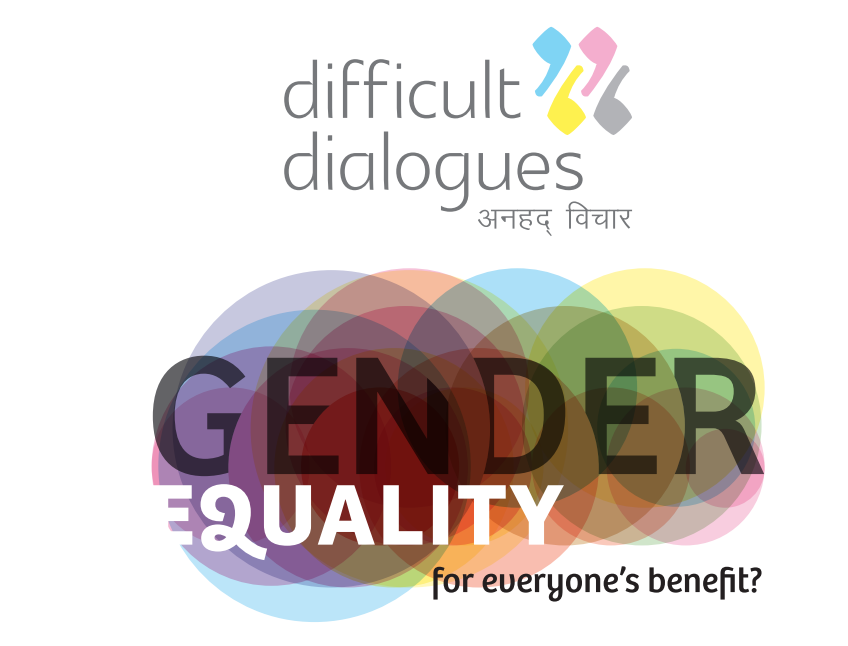Difficult Dialogues is an annual forum examining issues of contemporary relevance in South Asia. UCL are joining Difficult Dialogues 2018 as knowledge partners to focus on how Indian gender constructs affect fundamental aspects of daily lives and citizenship through three panel discussions exploring issues of gender and masculinity.

The Centre for Gender and Global Health is delighted to be joining Difficult Dialogues 2018 to take part in a pressing dialogue around gender constructs in India. UCL is partnering with Difficult Dialogues for the second year in a row, after working with Difficult Dialogues 2017 to explore 'India's Health - A Grand Challenge'.
This year, UCL will host three panel discussions focusing on gender and masculinities:
The panels will involve a mixture of speakers from UCL and Indian academics, NGO representatives and activities.Full details of UCL's panel discussions and details of panellists can be found here, where you can also register to attend.
Footage from the Difficult Dialogues 2018 discussions and debates, including UCL's panels, will be available after the event.
Why gender?
Gender is a social construct. It refers to the laws, policies, cultural, family, and social norms that shape our behaviours, activities, expectations and ideas of what it means to be a man or woman in any society. Gender interacts with, but is distinct from, biological sex. Gender identities are not fixed but fluid. Gender varies across time, space and location. It changes according to social contexts, the environment, specific situations, and across the lifetime.
Most importantly, gender is a representation of power. It reflects the relationships between men and women, as well as between those who conform to societal expectations of gender, and those who don’t.
Difficult Dialogues 2018 will focus on how Indian gender constructs affect fundamental aspects of daily lives and citizenship. The conference will bring together civil society, media, academic experts, activists, and people working at community level [in health, education, labour, sports, law] with government and non-governmental organisations.
We aim to share knowledge about gender – its determinants, expressions, diversity, and positive and negative consequences – to start a dialogue on how gender norms can be transformed to improve the lives of everyone.